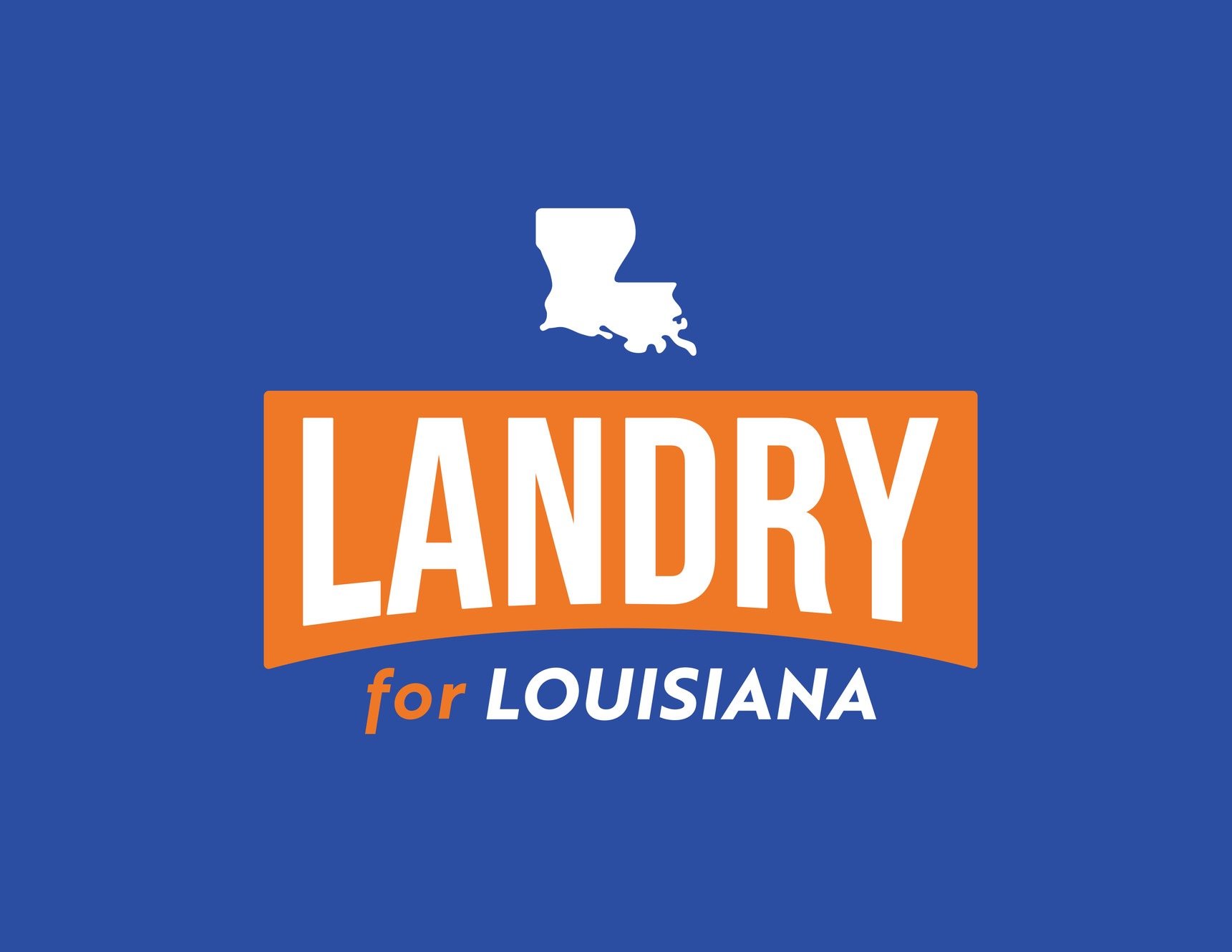By Rebekah Hebert, RN
As of right now, rural Louisianans are losing the healthcare debate in America. We face continued hospital closures and doctor shortages in more remote parts of the state, and many patients face outstanding medical bills that they didn’t expect to receive when going to see a doctor. When it comes to access to care and affordability, lawmakers in Washington seem to forget to talk about those who are most impacted: the hard-working Louisianans in rural parts of the state.
There are 750,000 residents that live in rural parts of Louisiana, and most of them face similar fears when it comes to how healthcare access. In the event of a medical emergency, there is often a very limited window of time for patients to get to a Level I or II trauma center. Rural Louisianans often have to navigate miles of highway traffic before they even reach the nearest equipped facility. Air ambulances provide rural residents with a solution; they are able to fly over traffic and carry a team of professionals that can immediately provide medical attention to patients. The rapid response times of air medical services gives peace of mind to rural communities who may otherwise have few options in the event of a life-threatening medical situation.
Those that live in more urbanized parts of the state don’t face the same issues rural residents do. They don’t share the same anxiety we face about whether we will make it to the hospital in time if a loved one goes into labor or if our partner suffers from a seizure or heart attack. In emergency situations, air medical providers are often the last lifeline.
As critical as air medical services are to remote communities, insurers don’t always cover the cost of calling an air ambulance, and rapid-response air medical providers can end up taking on the costs themselves and ultimately having to shut down. Alternatively, when an insurer doesn’t cover these costs, patients may end up having to cover these high costs themselves. We need lawmakers in Washington to find a solution that does not leave patients drowning in debt or force medical response teams to shut their doors. Rural constituents deserve the comfort of knowing that there are effective modes of transportation and first responders that can reach patients statewide and quickly get them to a hospital.
Instead of closing up shop, air medical providers should be encouraged to expand their businesses, especially to cover the increasing number of rural regions that are confronted with hospital closures and shortages of medical professionals.
Rural Louisianans are losing the healthcare debate, because too often we are not even a part of the conversation. But I have not lost hope. Representative Scalise has an opportunity to be a healthcare champion for his rural constituents by supporting legislation that secures access to air medical services for rural communities while taking the burden of dealing with disputes between insurers and providers off of patients’ shoulders. I hope, above all, that the Congressman will choose to protect rural Louisianan patients over insurer profits in the ongoing healthcare discussions in Washington.
Rebekah Hebert is a Registered Nurse and a healthcare advocate from rural Louisiana.







